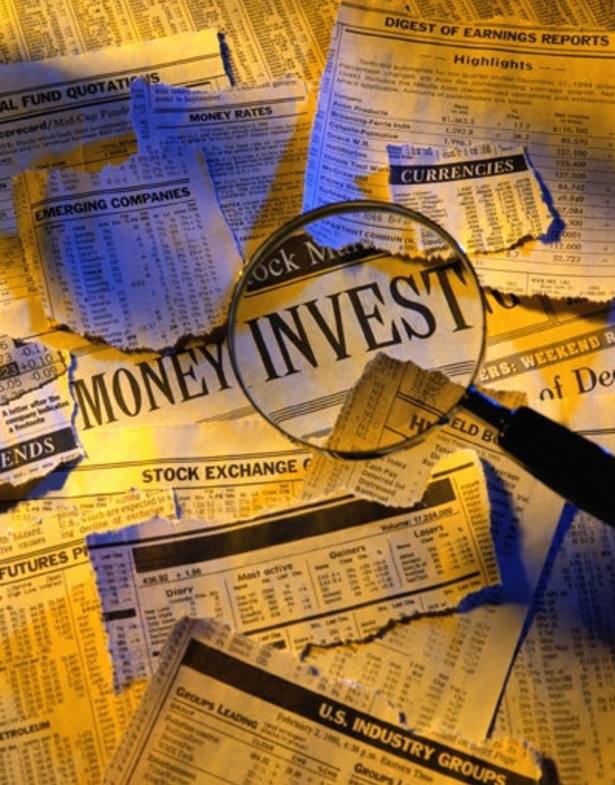
With the path to retirement looking more and more like a slalom, investors are increasingly on the hunt for sustainable sources of income to see them through uncertain times.
And right now, when it comes to the three traditional sources of income – property, bonds and equities – the latter is the only game in town.
The problem with property was demonstrated in the wake of the UK’s EU referendum when numerous large funds were forced to devalue and halt withdrawals. The large unit size and illiquid nature of the asset class makes it impossible for most investors to obtain a decent portfolio spread, and means property funds have a tendency to ‘lock up’ in adverse market conditions.
While many funds are now lifting their withdrawal bans, there is every chance of further shocks as the Brexit story continues to unfold.
As for bonds, it is difficult to know where to start. With central banks continually attempting to stoke global growth and encourage lending, yield curves have been anchored to ever lower base rates. As a result, yields on investment-grade bonds are very low.
Many sovereign bond yields are now negative, and September saw the issue of the first ever negative-yield corporate bonds from Sanofi and Henkel. Obtaining a reasonable yield on bonds now requires purchase of either sub-investment-grade paper or extremely long maturity bonds – or both. As a result, bond funds are now much riskier than many realise. Even ultra-long yields are relatively unattractive and, of course, long-maturity bonds are susceptible to changes in interest rates.
This leaves equities, where the picture is a lot brighter. Although many stocks look slightly expensive on certain measures (price to earnings and price to book), they do not look expensive from the perspective of dividend yields.
Considerations of capital efficiency and return on equity have driven many companies to increase their distributions to shareholders in recent years. The spread of the FTSE All-Share index dividend over the yield on a 10-year nominal gilt is the greatest it’s been since the turn of the century. Equities also have two inherent advantages over bonds in that they afford investors some measure of protection against inflation and returns can rise over time with growth.
While the case for equity income is clear, not all equity income funds are equal. In fact, the sector faces a growing diversification problem. Dividend payments in the FTSE All-Share have long been disproportionately concentrated among a few large firms. However, the rush for income is exacerbating the issue, leading to a rise in the number of large funds with relatively high exposure to these usual suspects.
This is a problem as the risk of dividend cuts among these largest firms is on the up. Seven of the top 10 are expected to have a lower free cashflow cover of dividend this year than last. And this year’s dividend growth for the FTSE All-Share could be flat or even negative.






